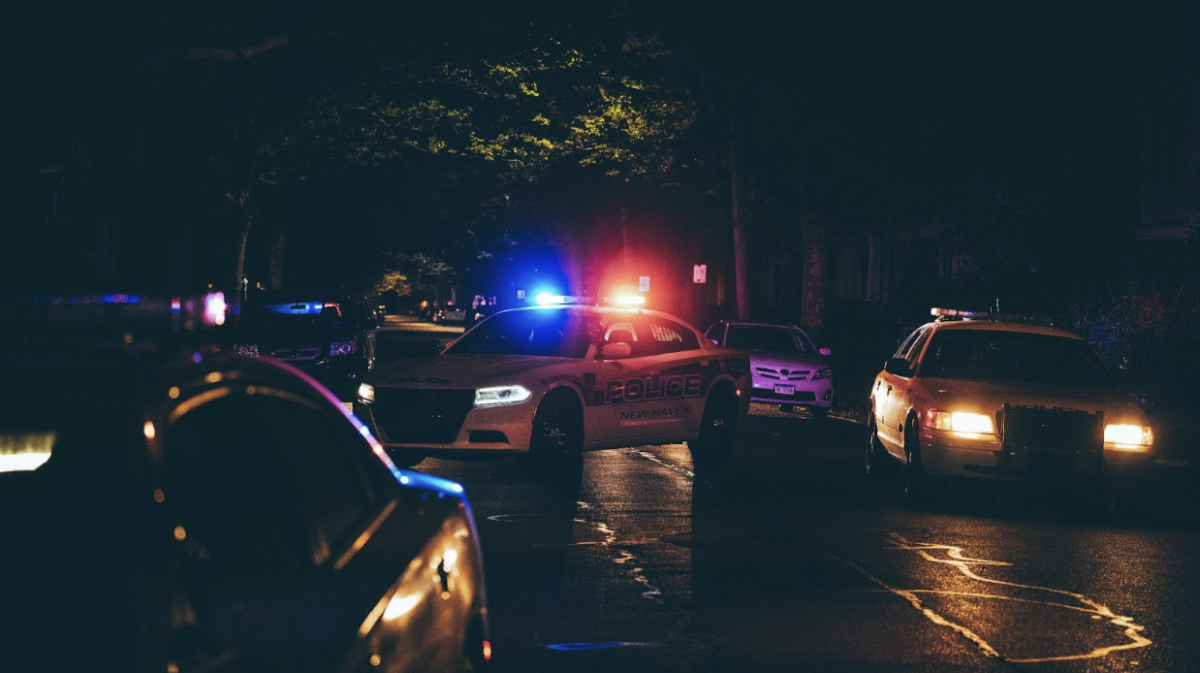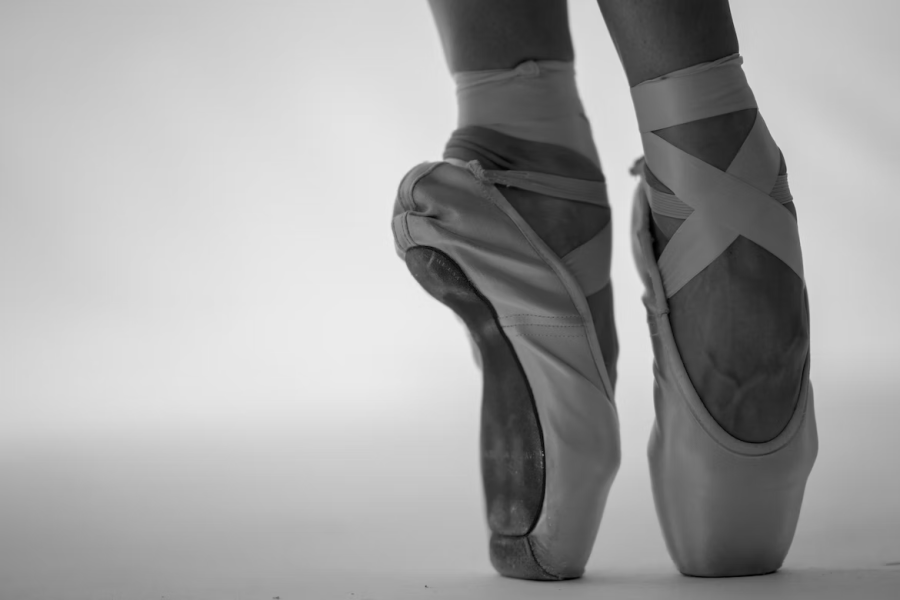Ukraine boycotts “The Nutcracker” and all Russian artists
Ballet companies were conflicted in stopping production of “The Nutcracker” as it is one of the most popular ballets during the Christmas season.
December 20, 2022
Ukraine’s request for a ban on the popular ballet “The Nutcracker” has spurred controversy among artists across the world.
In early December, Ukraine reached out to its western allies asking them to ban “The Nutcracker” as Tchaikovsky, the primary composer of the ballet, is Russian. Critics failed to see the relevance of the boycott, given that Tchaikovsky passed in the late 1800s.
Ukraine’s call to action was not successful among many ballet companies, especially because “The Nutcracker” provides the majority of their annual profits. Last year the New York City ballet received 45 percent of their ticket sales from their five week showing of “The Nutcracker.” They have yet to comment on the issue, however, they are continuing with their performances of the ballet.
In an article by the Guardian, a member of the English National Ballet expressed similar sentiments, saying although the company “stands in solidarity with all those affected by Russia’s invasion of Ukraine,” they will continue forward with their intended program.
Another source of controversy is Tchaikovsky’s heritage, because although he is technically considered Russian he was of Ukrainian heritage. During the time he was alive, both countries were part of a larger entity, the Soviet Union, which led to the two cultures being intertwined and intricately connected.
A member of the London Royal Ballet commented on this in an interview with NPR, stating, “the presentation of great historic works such as The Nutcracker, performed by an international roster of dancers, should send a powerful statement that Tchaikovsky—himself of Ukrainian heritage—and his works speak to all humanity, in direct and powerful opposition to the narrow and nationalistic view of culture peddled by the Kremlin.” Still, Ukraine does not see things this way. Phillip Kennicott from the Washington Post also stated, “[b]oycotting an entire culture is problematic because so much culture is inherently countercultural.”
The ban on Russian artists has been prevalent ever since the conflicts between the two countries first began.
Many art institutions have stopped the promotion or display of Russian artists. In March, the popular Cannes Film Festival banned Russian delegations unless the war were to end in Ukraine’s favor.
More recently, a museum in London abandoned a combined effort with Moscow’s Pushkin State Museum of Fine Arts on a piece called “After Impressionism: Inventing Modern Art.”
Even though certain boycotts of Russian artists have been enacted, many larger entities such as ballet companies refuse to halt the arts on behalf of Ukraine’s requests.











































































